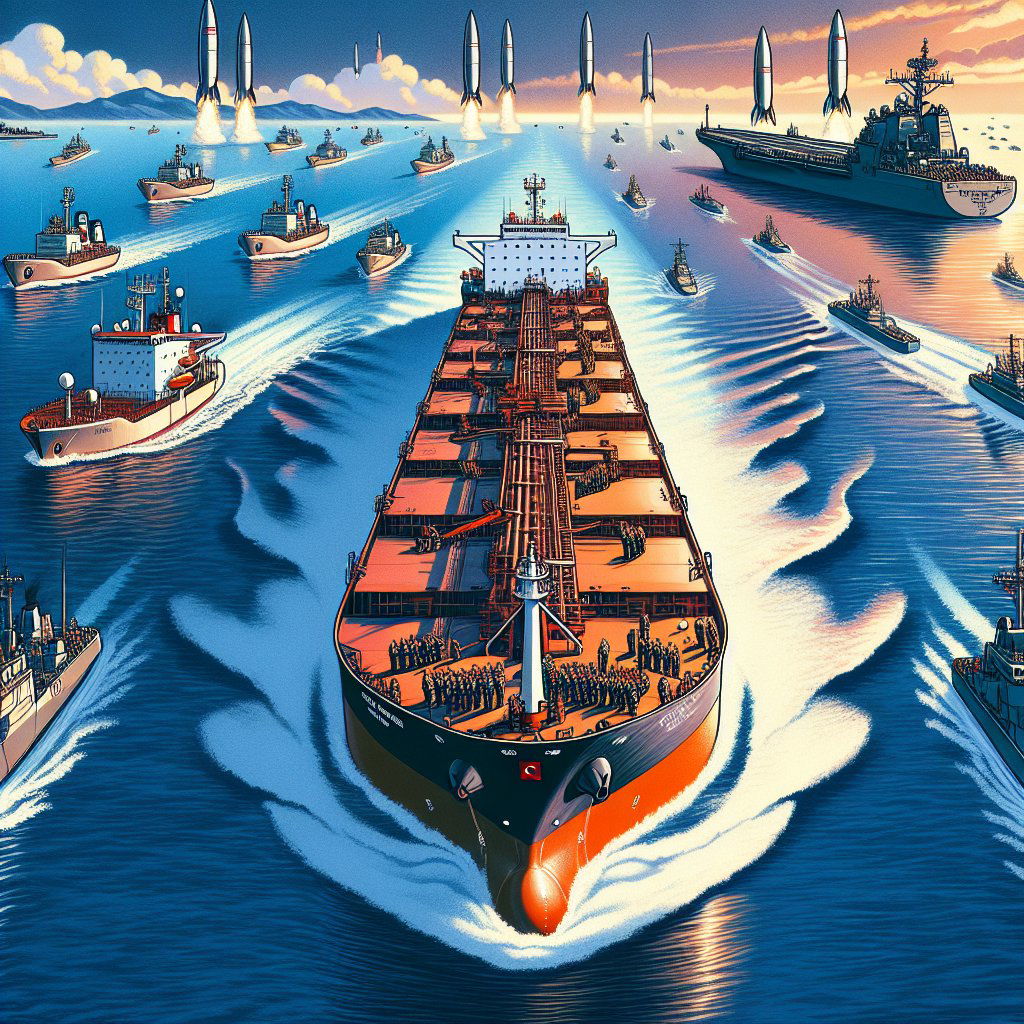Image: AI generated for illustration purposes
US Navy Thwarts Attack on Commercial Tanker by Armed Assailants in Gulf of Aden
The strategic waters of the Middle East witnessed a significant intervention by the United States Navy, ensuring the safety of a commercial tanker under duress. On a quiet Sunday, the distress signals from the Central Park, a chemical tanker traversing the perilous Gulf of Aden, pierced through the maritime silence. Seized by unidentified armed individuals, the vessel sent out a call that the USS Mason, a US Navy warship, swiftly answered.
As international tensions simmer across the waters of the Middle East, the chemical tanker, laden with a volatile cargo of phosphoric acid, found itself the target of an attempted piracy event. Crossing international waters, approximately 54 nautical miles from the Somali coast, the fate of the Central Park's 22 crew members hung in the balance until support arrived. The multinational crew, under a Turkish captain and comprising individuals from Russia, Vietnam, Bulgaria, India, Georgia, and the Philippines, was secured without harm—a testament to the swift actions taken by the Navy personnel and their allied ships.
Upon the Navy's demand for the vessel's release, the five armed assailants, desperate to avoid capture, raced away in a fast boat. The ensuing chase culminated with the vessel's assailants surrendering, bringing the incident to a peaceful resolve.
In a concerning development, during the ongoing incident, two ballistic missiles were launched by Houthi forces from Yemen, flying towards the USS Mason and Central Park. Fortunately, the missiles fell short, landing harmlessly in the ocean, around 10 nautical miles away, causing neither damage nor injury.
The backdrop to this maritime breach is painted with the broad strokes of regional conflict, where assaults on naval assets have become a parallel narrative to Israel and Hamas's ongoing turmoil. The actions of the Houthi rebels, known for their allegiance to Iran, have ratcheted up the stakes, capturing an Israeli-associated vessel and launching offensives toward Israeli soil.
Owned by Clumvez Shipping Inc and managed by the London-based Zodiac Maritime Ltd, linked to Israel's Ofer family, the Central Park represents a microcosm of the geopolitical strife in maritime commerce. The Zodiac Maritime's prompt announcement following the incident highlighted their commitment to crew safety as their utmost priority, amidst a region fraught with piracy and military aggression.
Confronted with the shadow of distant missile threats and piracy, the UK's Maritime Trade Operations agency (UKMTO) has urged vessels across southwest Aden to maintain a high level of vigilance. Similar incidents, allegedly Iran's handiwork, echo throughout the region, where they have been met with staunch denial from Tehran. In parallel, a container ship under Israeli management suffered an attack from a suspected Iranian drone in the Indian Ocean, indicating the widespread and diverse nature of the threats maritime vessels are grappling with.
This latest act, successfully thwarted by the US Navy, reinforces the vital role of naval power in ensuring the safe passage of ships through contested and high-risk maritime domains. Furthermore, it underscores the fragile state of security confronting international trade routes that thread through Middle Eastern waters.










